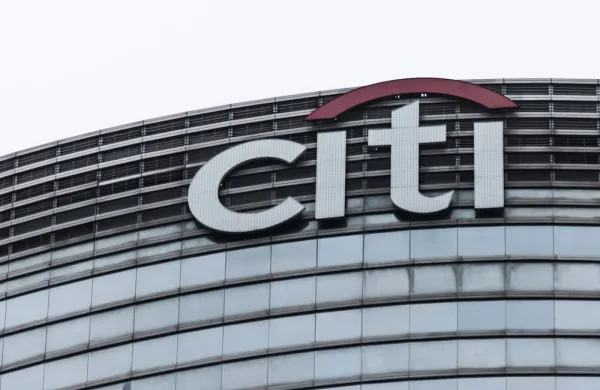The declining cost of running a hedge fund may have contributed to new launches hitting a five-year high in 2021.
In fact, since 2017, the breakeven cost of running a hedge fund has declined by 25 percent, according to research published Wednesday by the Alternative Investment Management Association and Cowen.
The two surveyed 149 emerging hedge fund firms with an aggregate of $16.7 billion in assets under management. They also surveyed 26 allocators that collectively manage more than $400 billion in assets and that have allocated a combined total of more than $50 billion to hedge funds.
In 2017, the average breakeven for emerging managers was $86 million. Today, it’s $64 million.
“Through this research, we have found that firms can build strong and thriving businesses on much less than [what] was previously thought,” said Tom Kehoe, global head of research and communications at AIMA, in a statement.
Long-short credit funds report the highest breakeven point, with 43 percent of respondents projecting that it would cost between $100 million and $150 million to run their funds. Meanwhile, multi-strategy funds appear to be the cheapest — 61 percent said that their funds break even at $50 million or less.
According to the survey, the Covid-19 pandemic may have kickstarted these cost reductions. Hedge fund managers and their investors were unable to travel, instead relying on online due diligence to make decisions. Meanwhile, as remote work grows in popularity, some have chosen to forgo office space or to set up shop in cheaper areas of the country.
“The impact of the pandemic has resulted in leaner, more efficient, and robust operations, with greater opportunities from investors than at any time in recent memory,” said Jake Seibald, managing director and global co-head of prime brokerage and outsourced trading at Cowen, in a statement. “The steps these funds have taken to safeguard their businesses during the pandemic stand them in good stead moving forward.”
The emergence of services like regulatory hosting platforms has also helped reduce costs, the survey said. New hedge funds can now outsource compliance or other firm functions, meaning that startup costs tend to be lower these days.
Managers have slightly fewer employees in 2022 than they did in 2017. On average, respondents reported that they had seven workers on staff, compared to eight in 2017. Multi-strategy funds in particular have reduced their headcount, from an average of 14 in 2017 to nine today.
Allocators are also taking a different approach to emerging hedge funds than they have in the past. Today, the majority of respondents are more willing to consider managers that have less than $100 million under management, or those with a track record of fewer than three years.
According to the survey, the biggest barrier for 80.8 percent of limited partners when it comes to allocating to new managers is concerns over operational due diligence, poor administration standards, and lack of transparency. This is a stark shift from 2017, when the largest concern for allocators was making sure that targeted or minimum investments represented more than a certain percentage of assets under management. Just 11.5 percent of respondents counted this as their largest concern.
“The overwhelming takeaway was the need for managers to ensure [that] their fund operations are sound, that their investment approach aligns with [what they] agreed [to] with their investors, and that they have a good business plan,” the survey said.







